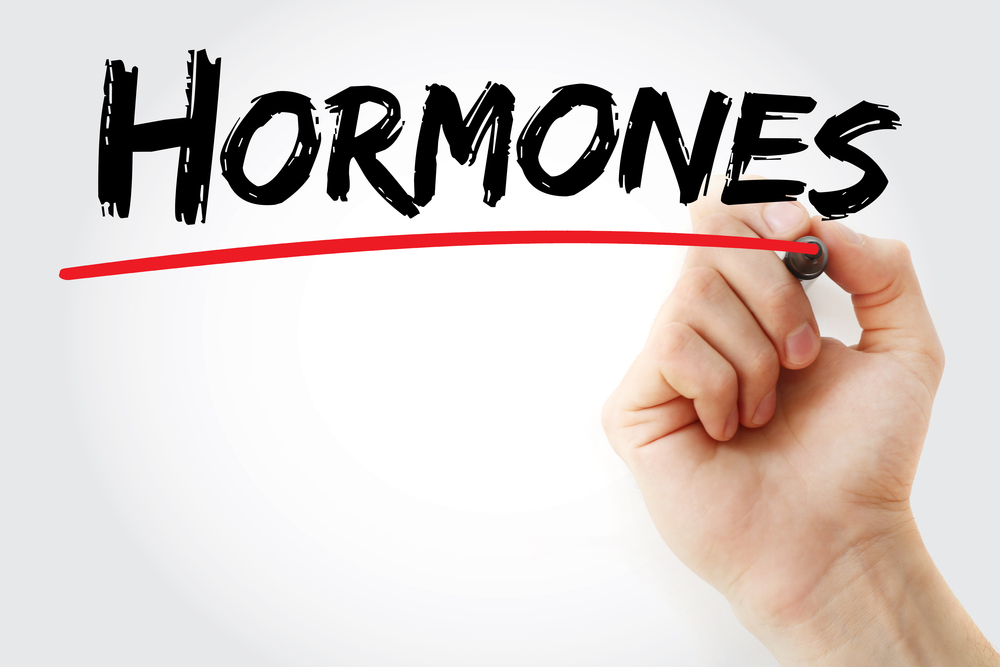Low Testosterone (Low T) for men/women: Symptoms, Treatments, Causes
What is Low Testosterone (Low T)?
Symptoms of Low Testosterone (Low T)
Symptoms of low testosterone in Men
- Fatigue and reduced energy levels
- Erectile dysfunction
- Decreased libido
- Muscle weakness or loss
- Depression or mood swings
Symptoms of low testosterone in Women:
- Irregular menstrual cycles
- Reduced libido
- Fatigue
- Mood swings
- Decreased bone density
Symptoms of Polycystic ovary syndrome (PCOS)
Medical Conditions: Chronic illnesses, obesity, diabetes, and certain medications can contribute.
Hormonal Imbalances: Disorders affecting the pituitary or hypothalamus glands can disrupt testosterone production.
Stress: Chronic stress can negatively impact hormone levels.
Lifestyle Factors: Poor diet, lack of exercise, and inadequate sleep may contribute.
Low Testosterone (Low T): Specialized Treatment at Forum Functional Health center
Functional Health Approach
Holistic Assessment: Comprehensive evaluation of lifestyle, nutrition, stress levels, and overall health to identify contributing factors.
Individualized Plans: Tailored treatment plans addressing the unique needs of each person.
Lifestyle Modifications: Emphasis on healthy diet, regular exercise, and sufficient sleep to naturally support hormone balance.
Stress Management: Techniques such as mindfulness, meditation, and yoga to reduce chronic stress, a known contributor to hormonal imbalances.
Nutritional Support: Incorporating essential nutrients like zinc, vitamin D, and other supplements that can aid in testosterone production.
Regular Monitoring: Periodic assessments to track progress and adjust the approach as needed.
Testosterone Injection Therapy
Medical Intervention: In cases where testosterone levels are severely low, a healthcare professional may recommend testosterone injection therapy.
Administration: Intramuscular injections, typically administered weekly or less frequently.
Monitoring and Adjustment:Regular blood tests to ensure the therapy’s effectiveness and adjust the dosage accordingly.

